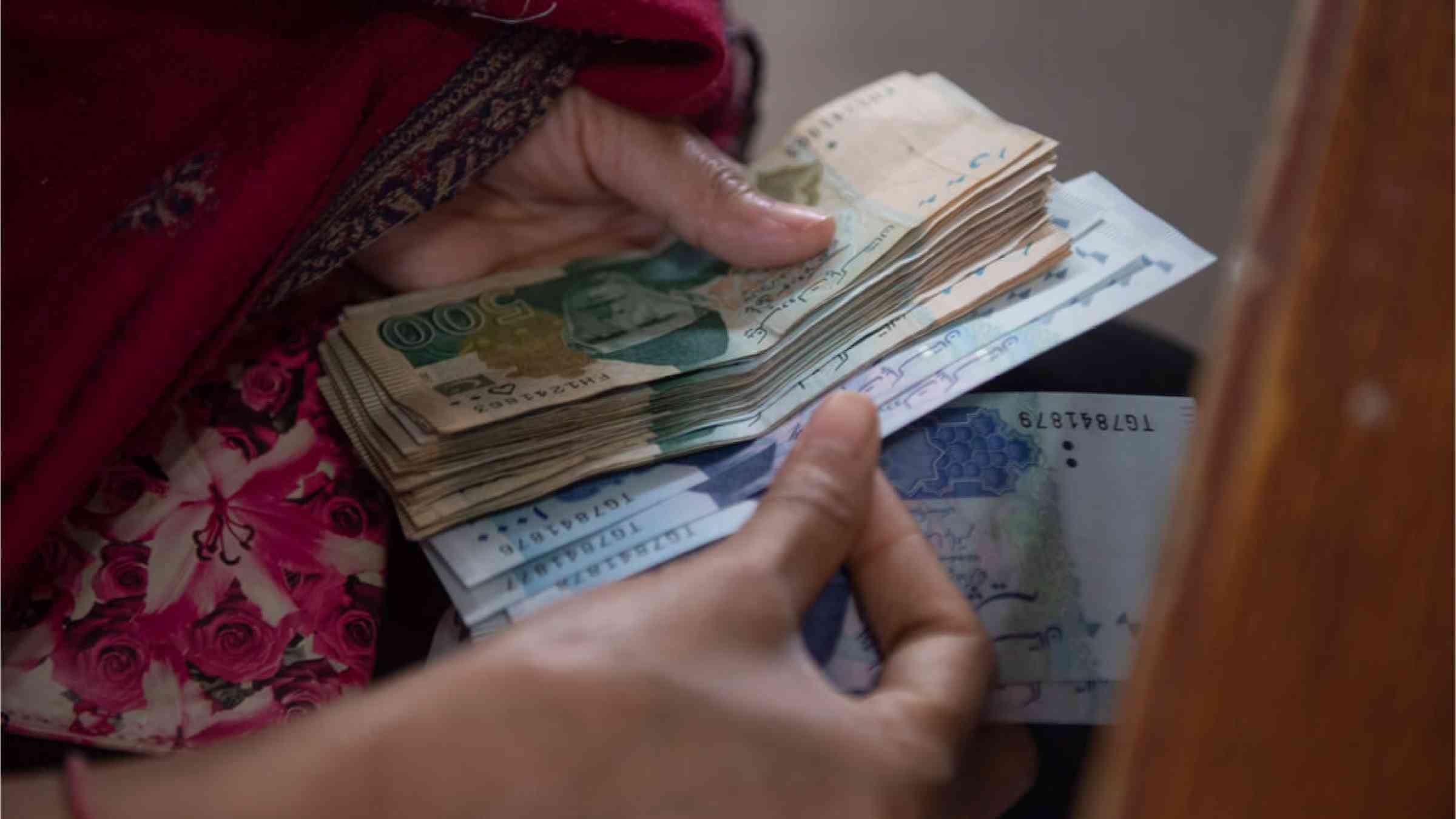WRC5 Technical Session: Mechanisms for Strengthening Social Protection and Local Recovery
Watch this session on-demand
Covid-19 has widened pre-existing inequalities and recent analysis shows that the world is not meeting the Sustainable Development Goals on Inequalities. A recent UNDP report shows that countries have had to adopt technological innovations, implement changes to administrative processes related to social protection, and adapt institutional and governance structures overseeing social protection decision making.
While the crisis is not over, many of the emergency measures, including financing, that were put in place are now running out. As many countries, particularly the poorest, have stretched their budgets, it is now time for the international community to provide the technical and financial support needed to institutionalize the advances made in the COVID-19 response, and build towards the establishment of robust, inclusive, and shock and gender responsive social protection systems, that can also ensure a just transition to resilient, green and sustainable economies.
Session objectives
- To demonstrate national innovative measures in terms of the design, implementation and financing of social protection measures to support local recovery efforts.
- To share lessons learned and best practices.
- To advocate for the leveraging of initiatives under the UN’s Our Common agenda, such as the Global Accelerator on Jobs and Social Protection and the High-Level Coalition of Ministers on green and digital economy.
Moderator
- Ms. Paola Albrito, Chief of Branch, Intergovernmental processes, Interagency co-operation and Partnerships, United Nations Office for Disaster Risk Reduction
Keynote
- Ms. Michiko Miyamoto, Country Director, Indonesia, International Labour Organization
Speakers
- Mrs. Carmen Ubaldi, Executive Director of the Technical Unit of the Social Cabinet (UTGS) of the Republic of Paraguay
- Mr. Setareki Macanawai, Chief Executive, Pacific Disability Forum
- Ms. Armine Hayrapetyan, Representative of MES in Foreign Countries and International Organizations, Sendai National Focal Point, Lieutenant Colonel of Rescue Service, Government of Armenia
Learn more
Where do we stand
For the first time in 20 years, the number of people living in poverty globally is expected to rise due to the socio-economic impacts of the COVID-19 pandemic. Around 100 million people will have been pushed into extreme income poverty by end of 2021. Following the pandemic, up to 10 years of progress in reducing multidimensional poverty are threatened to be reversed.
By 2030, up to two-thirds of the world's extreme poor is expected to live in countries characterized by fragility, conflict, and violence. According to the new Special Report on Human Security, nearly 1.2 billion people live in conflict-affected areas, with 560 million of them in countries not typically classified as fragile. Nearly half the global poor live in conflict-affected countries.
Globally, 53.1 percent of the global population, roughly 4.1 billion people, do not have access to even one social protection benefit. Recent analysis shows how distant many countries were far from sufficiently facing poverty and inequality caused by the pandemic, due to fiscal and other limitations. Only a small group of countries, mostly high income, seem to have been up to the challenge.
Session guiding questions
- What were the factors explaining why some governments respond faster and more comprehensively than others? What was the role of maturation of social protection systems, fiscal space and political will?
- What has been learnt from the social protection response to the pandemic? Has this been a testing ground for new technologies, including digital?
- How can the learnings and best practices be used for scaling up, and extending social protection systems?
- How can the learnings and best practices be used to make social protection systems more instrumental to support a just transition towards a net zero economy?
- How can the financial sustainability and resilience of social protection systems be ensured? What are the options to mobilize better national resources, through contributory and non-contributory approaches, and global financial resources?

Agenda
Location
BICC First Floor
Online access
Participation
Open to those registered for the conferenceInterpretation
EN, FR, ESDetails
Contact
Rita Missal rita.missal@undp.org; Shairi Mathur shairi.mathur@undp.org